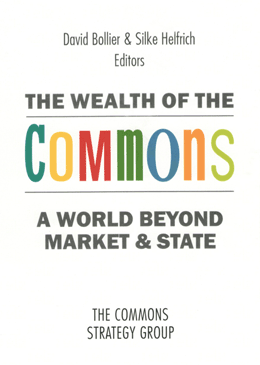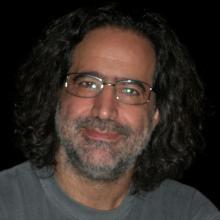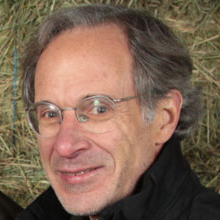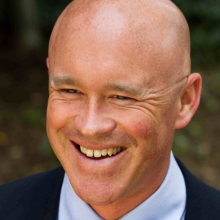We are poised between an old world that no longer works and a new one struggling to be born. Surrounded by centralized hierarchies on the one hand and predatory markets on the other, people around the world are searching for alternatives. The Wealth of the Commons explains how millions of commoners have organized to defend their forests and fisheries, reinvent local food systems, organize productive online communities, reclaim public spaces, improve environmental stewardship and re-imagine the very meaning of “progress” and governance. In short: how they’ve built their commons.
In 73 timely essays by a remarkable international roster of activists, academics and project leaders, this book chronicles ongoing struggles against the private commoditization of shared resources – often known as “market enclosures” – while documenting the immense generative power of the commons. The Wealth of the Commons is about history, political change, public policy and cultural transformation on a global scale – but most of all, it’s about commoners taking charge of their lives and their endangered resources. It’s about common people doing uncommon things.
“This fine collection makes clear that the idea of the Commons is fully international, and increasingly fully worked-out--if you find yourself wondering what Occupy wants, or if some other world is possible, this pragmatic, down-to-earth, and unsentimental book will provide many of the answers.”
-- Bill McKibben, author, Deep Economy: The Wealth of Communities and the Durable Future
“Solidly researched and clearly written, these essays lay the kind of foundation needed if we are to realize a paradigm shift toward the commons. Kudos to Bollier and Helfrich for assembling this astonishing tool kit!”
-- Lewis Hyde, author, Common As Air and The Gift
“These thoughtful and beautiful essays go beyond celebrating the commons to insist that we must learn how ‘to common.’ We will all be impoverished unless we more actively make, defend, expand, and govern resources that cannot be privately owned.”
-– Nancy Folbre, professor of economics, University of Massachusetts Amherst
 Buy at Levellers Press
Buy at Levellers Press 



















